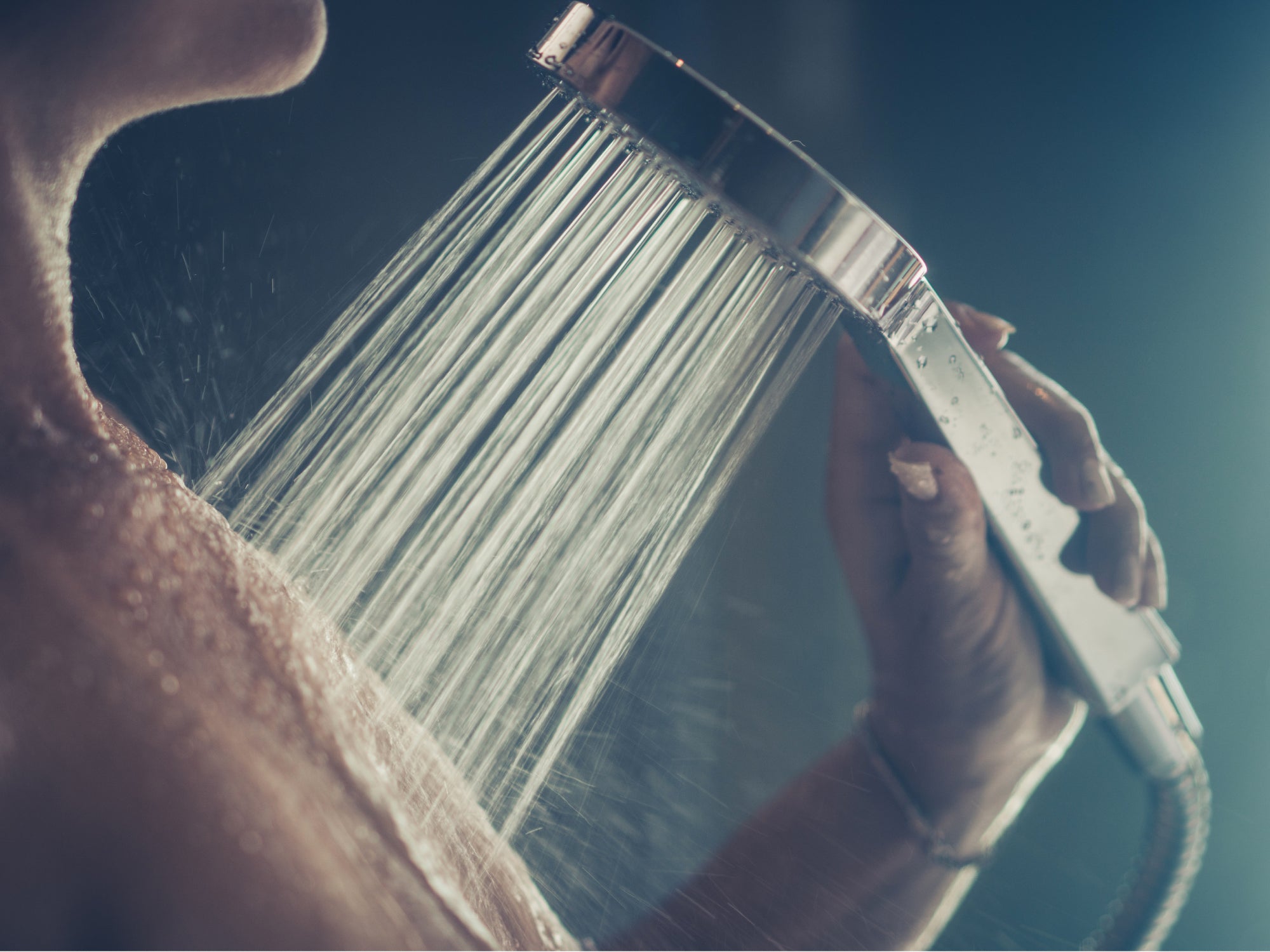There’s a fair amount of confusion around bathing and hygiene routines for those with eczema and the truth is - it’s not a black and white issue.
You can’t categorically say that baths or showers are either good or bad for eczema, because it’s how you bathe that makes the difference.
How often should you shower with eczema?
It’s the same with asking how often you should bathe - studies show that it’s not the frequency of baths or showers that makes a difference to chronically dry or itchy skin, it’s the way you do it.
You can bathe daily or twice a week. You can take showers or you can soak in a tub. It’s up to you, so long as you treat your skin with care.
"We've worked hard to develop nourishing blends of pure, EFA-rich and skin-kind organic oils to help restore lost moisture to skin during or after bathing."
Showers have the advantage of being quick, while baths mean you can add things to the water such as:
- Oil
- Oats
- Salts - so long as they’re unperfumed and free from irritants.
These can work their magic over time. You might also find a good soak is useful for keeping eczema-flaring stress levels down.
Four steps for skin-kind bathing
Follow these four simple tips and your bathing regime can be helpful and relaxing, rather than damaging to your sensitive skin!
1. Time
Tempting as it is to soothe your body with hours of lovely warm water, the longer your skin is exposed to water, the more it will dehydrate. Keep baths or showers under fifteen minutes, ideally around ten. Enough time to get properly clean but not enough time to dessicate yourself!
2. Temperature
You’ll need your shower or bath lukewarm, not hot. Too much heat or cold can cause itching and flare-ups as well as intensify dehydration so keep water just about body temperature; as a rule of thumb, that’s a little cooler than you’d really want it.
3. Go Gentle
It’s important not to make things worse by damaging skin as you bathe: that means no soap, no perfumed products, no SLS in shampoo or bodywash, no ingredients in any toiletries that could cause itching.
Yes, you need to keep clean, removing potential irritants such as bacteria, sweat, dust, pollen and other microbes from your skin, and it’s particularly crucial to avoid your eczema getting infected, but do use mild, soap-free, unperfumed cleansers.
Being gentle also means being ultra careful with washing yourself and towelling yourself dry: even mild rubbing with a flannel can cause tiny abrasions on very delicate skin and that can lead to outbreaks of itching - which in turn causes major damage!
So just use your hands, not flannels or loofahs and pat dry rather than rub, with towels washed in mild, non-bio detergent.
4. Seal After Soaking
Whether you soak for fifteen minutes or are in and out of the shower in five, it’s vital to lock in moisture as soon as you’re out, otherwise the benefits of washing will be undone!
That means slathering on the emollients within three minutes. Be generous and cover yourself all over. Ointments such as Skin Salvation are a really effective choice if you’re bathing before bed.
Recommended products
Bath & Body Oil
with lavender, hemp and olive
Balmonds Natural Shampoo & Body Wash
with calendula & chamomile
